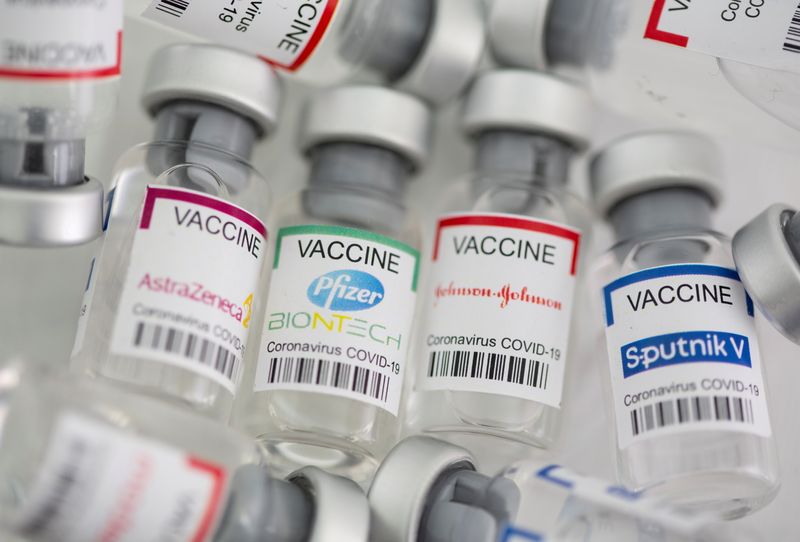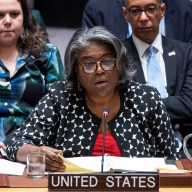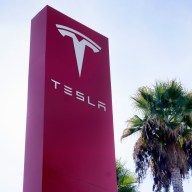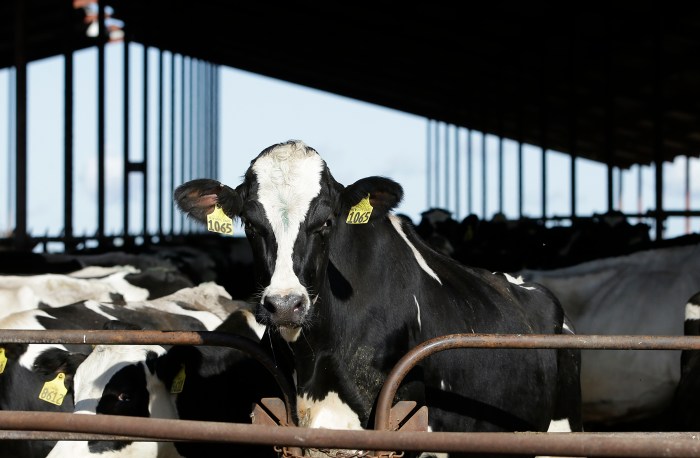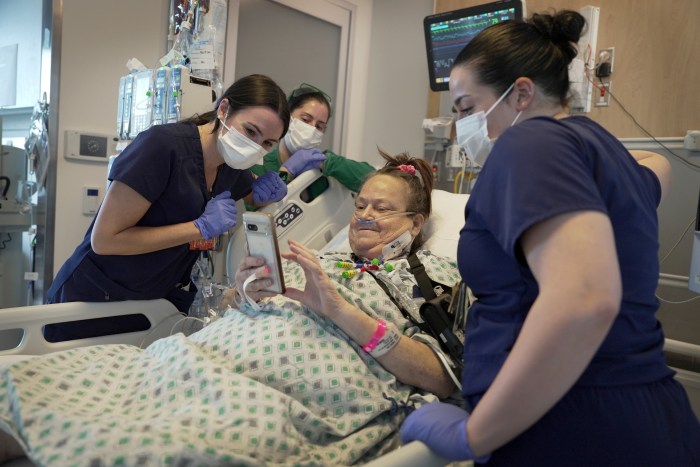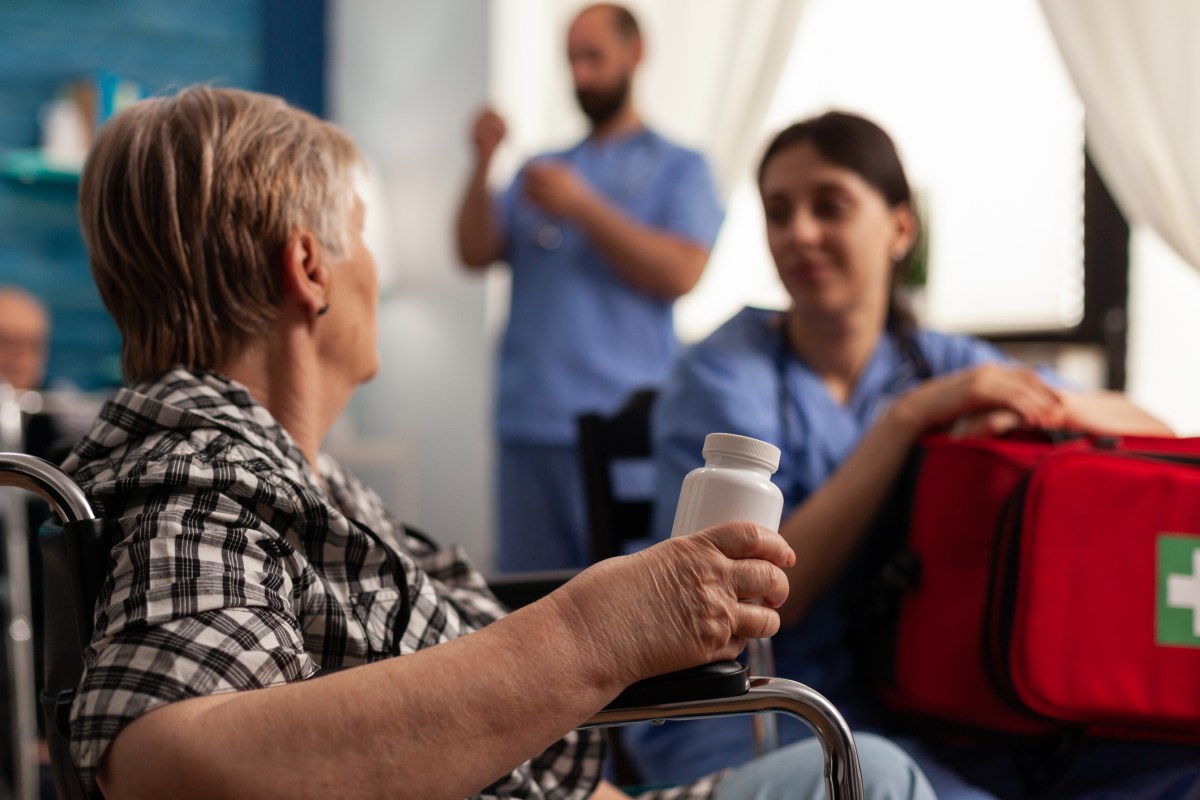(Reuters) – Many countries are preparing to make COVID-19 vaccine booster shots available, but there is no consensus among scientists that they are necessary and the World Health Organization wants the most vulnerable people worldwide to be fully vaccinated first.
The following outlines the options countries and regions are considering on the issue:
NORTH AMERICA
The U.S. Centers for Disease Control and Prevention (CDC) on Sept. 24 backed a booster shot of the Pfizer and BioNTech vaccine for Americans aged 65 and older, some adults with underlying medical conditions and some adults in high-risk working and institutional settings.
Canada’s National Advisory Committee on Immunization is recommending https://www.canada.ca/en/public-health/services/immunization/national-advisory-committee-on-immunization-naci/summary-september-10-2021-additional-dose-covid-19-vaccine-immunocompromised-following-1-2-dose-series.html booster shots of an authorized mRNA vaccine to those who are moderately or severely immunocompromised.
EUROPE
European Union countries that decide to use COVID-19 vaccine booster shots may face increased legal risks because the additional dose has not yet been recommended by the EU drugs regulator, the European Commission said on Aug. 26.
Recent supply contracts with Pfizer/BioNTech and Moderna have included the potential for the bloc to buy booster shots.
These European countries are offering boosters to people after they received a full dose of a vaccine:
Austria (wider rollout to start on Oct. 17); Czech Republic; Hungary; Russia; Serbia
These countries are offering boosters to people with weak immune systems, the elderly or vulnerable:
Belgium (mRNA); Britain (mRNA); Denmark; Finland (may expand to other Finns later in the autumn); France; Germany (mRNA); Ireland; Italy; Poland; Slovenia; Spain; Sweden (larger population to get a jab in 2022)
ASIA, MIDDLE EAST
These countries are offering boosters to people after they received a full dose of a vaccine:
** Bahrain (Sputnik V, all over-18s at least six months after second dose); Cambodia (AstraZeneca); Indonesia (administered to health workers only, for wider population planned in 2022); Israel (all over-12s); South Korea (initial doses to high-risk groups or people with weakened immune systems); Turkey; Thailand (AstraZeneca or mRNA-type booster shots to people who were administered Sinovac brand); UAE (mandatory for people inoculated with Sinopharm vaccine)
These countries are offering boosters to people with weak immune systems, the elderly or vulnerable:
** China; Singapore
LATIN AMERICA
These countries are offering boosters to people after they received full dose of a vaccine:
** Uruguay (offers a Pfizer dose for those fully vaccinated with Sinovac’s vaccine)
These countries are offering boosters only to the immunosuppressed:
** Ecuador
These are offering boosters to the elderly and vulnerable:
** Chile; Brazil; Dominican Republic
COMPANIES
The U.S. Food and Drug Administration authorized on Sept. 22 a booster dose of the Pfizer and BioNTech COVID-19 vaccine for those 65 and older, all people at high risk of severe disease, and others who are regularly exposed to the virus.
The FDA authorized a third dose of COVID-19 vaccines by Pfizer-BioNTech and Moderna Inc on Aug. 13 for people with compromised immune systems.
Pfizer and BioNtech also submitted data for COVID-19 vaccine booster authorization to the European Medicines Agency (EMA).
Moderna said on Sept. 3 it had asked the EU drugs regulator for conditional approval of a booster shot of its vaccine at a 50 microgram dose, or half the dosage of its two-shot vaccine.
The company also said it had completed data submission for the use of a booster dose to the U.S. Food and Drug Administration.
On Aug. 5, Moderna said its COVID-19 shot was about 93% effective four to six months after the second dose, showing hardly any change from the 94% efficacy reported in its original clinical trial.
AstraZeneca said it was looking into how long the vaccine’s protection lasts and if a booster dose would be needed.
(Compiled by Dagmarah Mackos, Veronica Snoj, Filipe Braganca; Editing by Steve Orlofsky)

